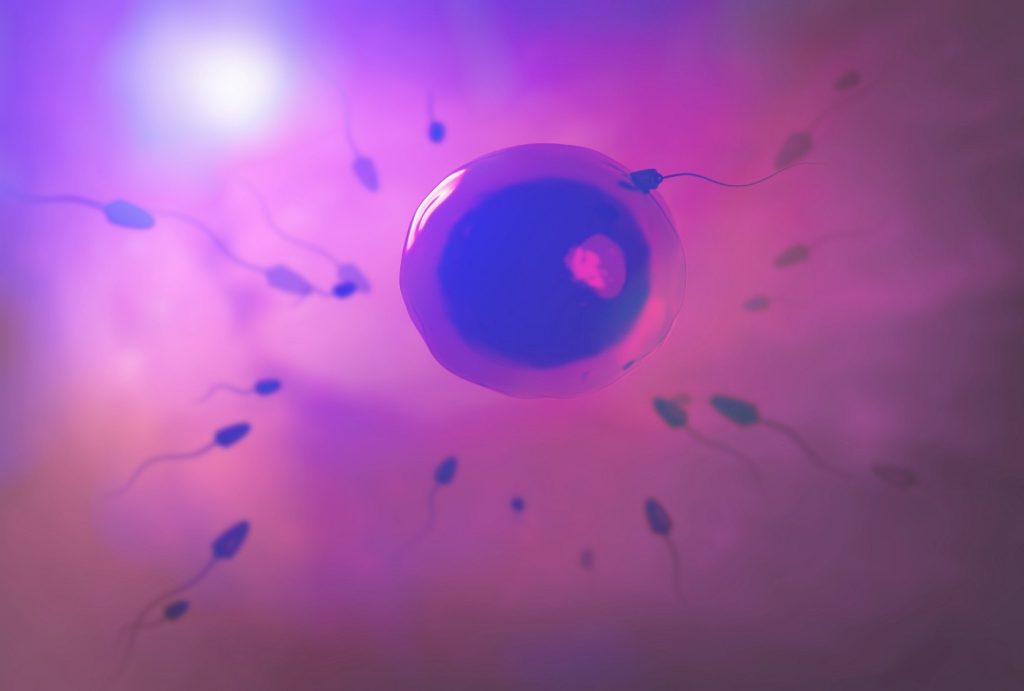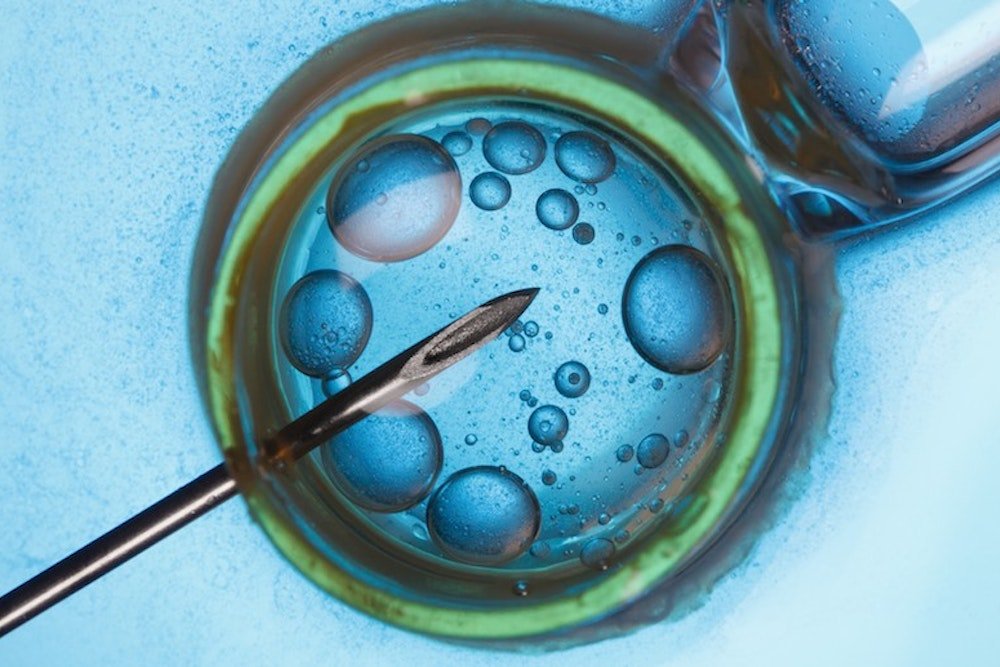More women are choosing to wait until later in life to start families. A woman may be able to postpone pregnancy by freezing her eggs. IVF egg freezing, sometimes referred to as mature oocyte cryopreservation, is a technique used to preserve women’s future fertility. Unfertilized eggs taken from your ovaries are frozen and kept for later use. It is possible to thaw a frozen egg, combine it with sperm in a lab, and implant it in your uterus.

Procedure:
The initial screening and prescription medications are identical for IVF egg freezing. Your doctor will prescribe fertility medicines to encourage follicle growth after performing an initial ultrasound and blood test. Your ovaries have fluid-filled sacs called follicles that may or may not hold an egg. Your treatment plan will include regular check-ins for more ultrasounds and bloodwork precisely timed hormone self-injections. IVF Medications: Schedule and Side Effects Explained, for a more thorough explanation of the schedule and drugs used during an IVF cycle.
Your doctor will carefully insert a small needle through your vaginal wall after your follicles are mature to suck the eggs out of the bladder. You’ll be sedated during the 15–45 minute minimally invasive process to ensure there is no pain. The recovered eggs are either placed in a petri dish with sperm cells for fertilization or frozen and kept for later use. An ultrasound-guided catheter gets used to quickly and painlessly transfer the fertilized eggs, or embryos, to your uterus.
